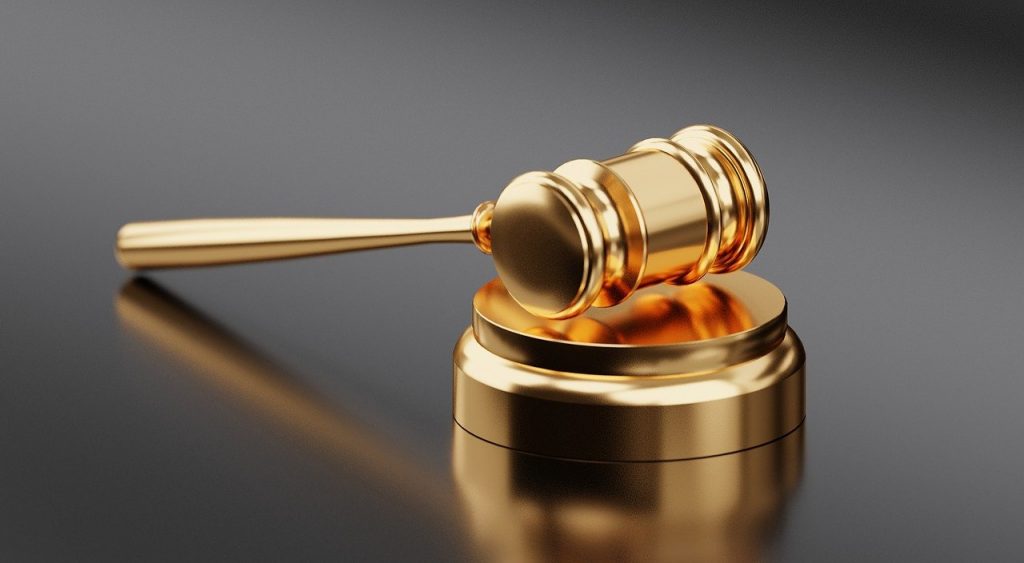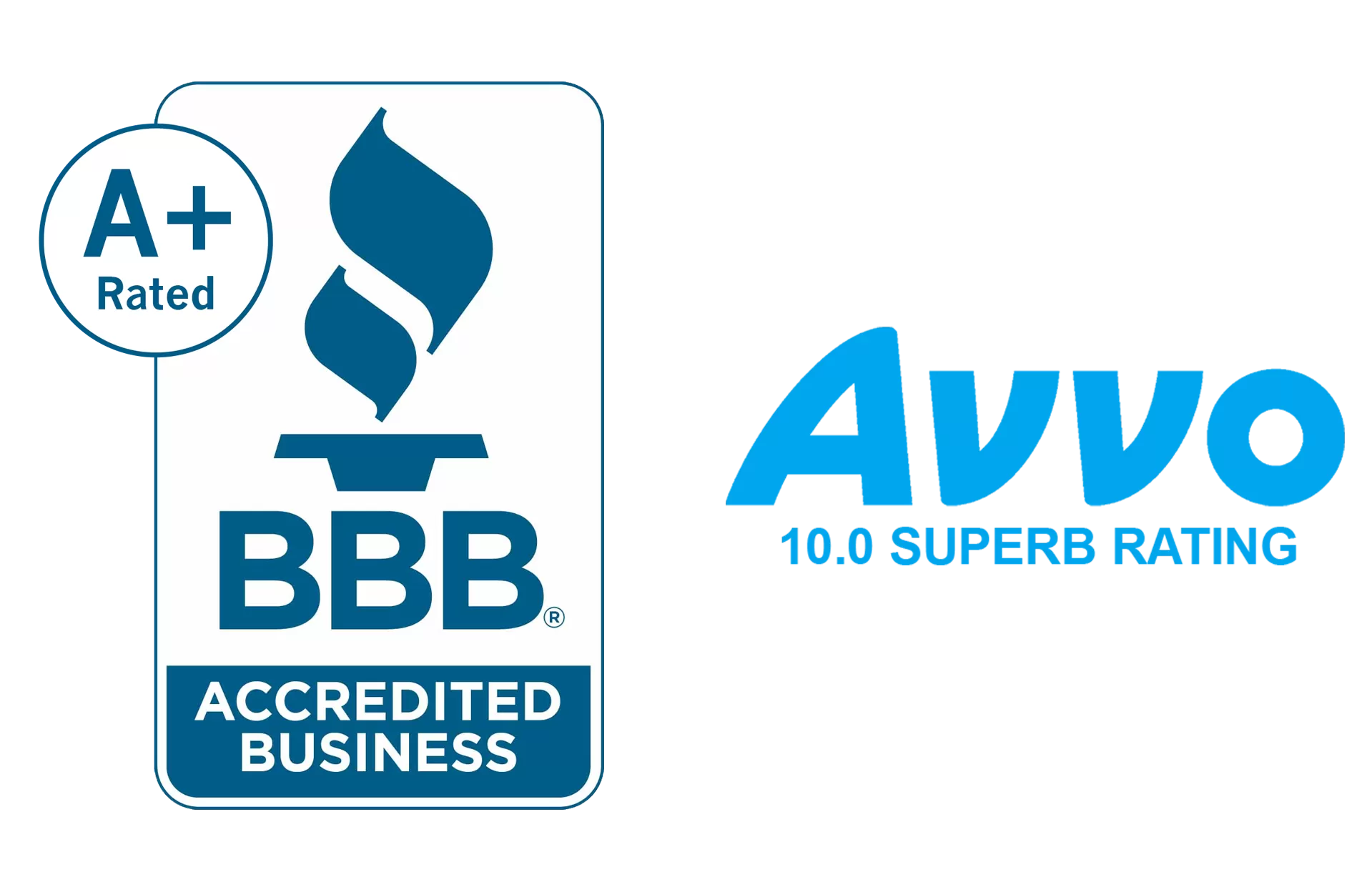
Higbee & Associates secures significant victory in appellate court decision concerning client’s application for relief under PC 1203.4 and PC 17, and protective against a $370,000 untimely restitution judgment. This is firm’s ninth appellate win involving PC 1203.4.
This week, the California Fourth District Court of Appel issued another favorable decision for a client of Higbee & Associates. The case—People of the State of California v. James Tolliver III (4TH App. Dist. Ct #E073678)—concerns eligibility for relief under California’s Penal Code sections 1203.4 and 17, and the limitations on a trial court’s authority to impose or modify restitution against a former offender after his probation has already ended.
California PC 1203.4 permits a former felony offender who was placed on probation for the offense, and who either successfully completes his probation or can otherwise demonstrate that he has been sufficiently rehabilitated, to ask the original criminal court where he was convicted to allow the guilty plea or guilty judgment to be withdrawn and vacated. Under well-settled precedents from decades of appellate court decisions, a person who successfully completes all the conditions of his probation is entitled to relief under PC 1203.4.
California PC 17, on the other hand, permits a person who was originally convicted of certain felony “wobbler” offenses (offenses that are alternatively punishable by prison, jail, or fine) to ask the original criminal court to permit the original felony offense to be reduced and reentered as a misdemeanor. Like PC 1203.4, relief under PC 17 provides substantial benefits and protections from collateral consequences for former offenders—from eligibility for professional licenses to possession of firearms.
In People v. Tolliver, Higbee & Associates represented the Appellant James Tolliver III, whose requests for relief under PC 1230.4 and PC 17 were both denied by the lower court. He was originally charged with certain felony offenses along with another co-defendant. While both defendants were convicted, the State ultimately obtained an Order of Restitution against Tolliver’s co-defendant, whereas no such order was sought or entered against him throughout the five years he remained on probation.
The State opposed Tolliver’s requests for relief under PC 1203.4 and PC 17 on the basis that the total restitution amount had not been fully repaid. The State argued that he and his co-defendants were originally intended to be jointly responsible for the total restitution amount, and argued that the balance still owed for restitution barred him receiving relief under PC 1203.4 or PC 17. It also asked that the court to enter, for the first time, an Order of Restitution against him for the same amount originally entered against his co-defendant ($392,800).
While the lower court acknowledged that Tolliver did not violate any of the conditions of his probation, it nevertheless agreed with the State’s arguments and denied both of his requests. In addition, the lower court entered an Order of Restitution against him—for the first time, three years after he had already been discharged from his probation—for the same total amount originally entered against his co-defendant ($392,800).
On appeal, the 4th Court of Appeal reversed the lower court’s denials for both relief under PC 1203.4 and PC 17. The Court of Appeal also reversed the lower court’s untimely imposition of an Order of Restitution against Tolliver. The court held that under California’s applicable statutes and case law concerning probation, the lower court had no jurisdiction/authority to impose a restitution order against a former offender like Tolliver after his probation has ended. Because restitution was not a condition of Tolliver’s sentence or probation, the court ruled that under long-established precedents, he was entitled to receiving relief under PC 1203.4 because he undisputedly had satisfied with all the express conditions of his probation. As for PC 17, the court concluded that the lower court erred in denying it based solely on the unpaid restitution, where restitution was never a formal condition of his sentence/probation; the court ordered that the matter be sent back to the lower court to re-consider his PC 17 request based on other non-restitution factors consistent with existing case law.
The outcome of Tolliver’s appeal not only vindicated his entitlement to relief under PC 1203.4 where he had complied with all of the conditions of his probation, and ensures that he would receive a fair hearing for relief under PC 17 upon remand. It also protects him from a significant (nearly $400,000) restitution order/judgment which the State had failed to timely secure when it had the opportunity (and five years) to do so, and attempted to do for the first time long after he had completed his probation.
Higbee & Associate’s operates RecordGone.com, which has helped more than 40,000 people clear their criminal record. Attorneys Paul Hecht and Mathew Higbee. The law firm has won more than a dozen appeals for clients of RecordGone.com.


